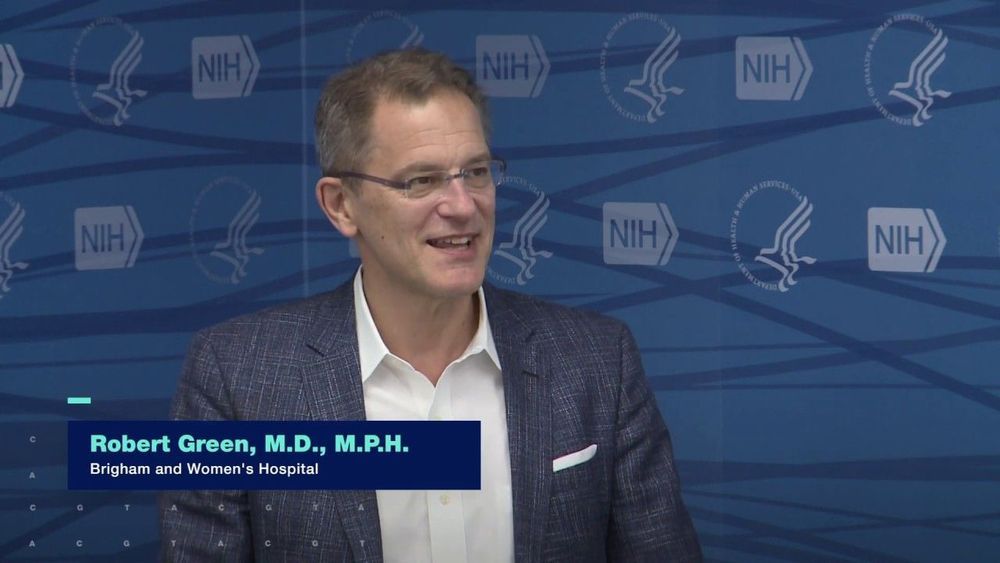Would you want to know if you’re at risk of Alzheimer’s disease, for example?
The integration of sequencing into health care doesn’t fit very well in the model of how medicine is practiced today, but is well aligned with the future vision of health care that so many of us have — a vision that focuses upon prediction and prevention.
We imagine that personal genome sequencing could play a central role in bringing about a more personalized and participatory form of medicine — including a health care system where patients have more knowledge of their own risks and diagnoses and are empowered to act upon that information.
With that in mind, more of us are asking this question: Rather than focusing only on people with a suspected or diagnosed genetic disease, why not also use genome sequencing to help seemingly healthy people screen for all sorts of conditions, even diseases for which they have no known family history?









Comments are closed.